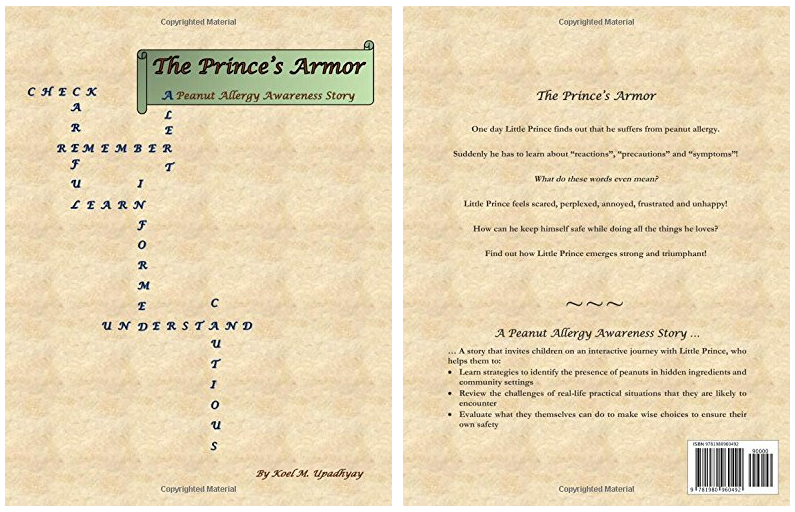A recent survey conducted by Harris Interactive and commissioned by Mylan Specialty shows that Valentine’s Day may be a high risk day for teens with food allergies.
The survey revealed that teens that date were significantly more likely to have experienced anaphylaxis during Valentine’s Day than those who do not date (47% versus 13%).
Even more interesting findings from the survey:
- Less than half of parents (47%) talk to their child about risks posed to children with life-threatening allergies from physical contact related to Valentine’s Day, such as being kissed by someone who has recently eaten food they may be allergic to
- Only 47% of parents tell their teen that when going on dates, they should tell their date about their life-threatening food allergy
- 35% of parents did not indicate that they remind their teen to bring his/her epinephrine auto-injector on dates
The take away message is that it is important to discuss food allergies with your child on an ongoing basis. Education starts at diagnosis and should continue as your child grows and matures.
“Talking to children and teens about their potentially life-threatening food allergies and reminding them of their anaphylaxis action plan should be an ongoing dialogue and is clearly important as we head into Valentine’s Day, a time when the risk of exposure to food allergens can increase,” said Todd A. Mahr, M.D., chair of the Section of Allergy and Immunology of the American Academy of Pediatrics. “While these conversations can be challenging – especially as our children become more independent – they are necessary. The fact is that anaphylaxis can be unpredictable even when you avoid your allergen.”
To help parents with children of all ages be better prepared for Valentine’s Day, Miller and Dr. Mahr offer these recommendations:
* Know your child and his/her temperament. An outgoing child will have different communication needs than a shy one. Help them grow to become their own advocate by starting where they are right now.
* Recognize that while having an anaphylaxis action plan is critical, open dialogue about the plan and how it applies to different situations is a key element of being aware and prepared.
* Discuss the anaphylaxis action plan with specific emphasis on the need to avoid allergic triggers and to always have EpiPen Auto-Injectors on hand in case anaphylaxis occurs.
* Communicate that there should not be a fear of using the EpiPen Auto-Injector immediately during a life-threatening allergic reaction. In fact, delays in epinephrine administration have been associated with negative health consequences, even possibly death. Since there are no absolute contraindications to epinephrine administration for an anaphylactic reaction, it is important to administer epinephrine immediately even if all criteria for anaphylaxis diagnosis have not yet been met. Remember, EpiPen Auto-Injector is not a substitute for emergency medical treatment. Seek immediate medical care after EpiPen Auto-Injector is administered.
* Remember to check in with your allergist or other health care provider to discuss any concerns you may have about cross contamination and to review/update your anaphylaxis action plan.
For more information on anaphylaxis, life-threatening allergies and EpiPen Auto-Injector, visit http://epipen.mediaroom.com/






COMMENTS